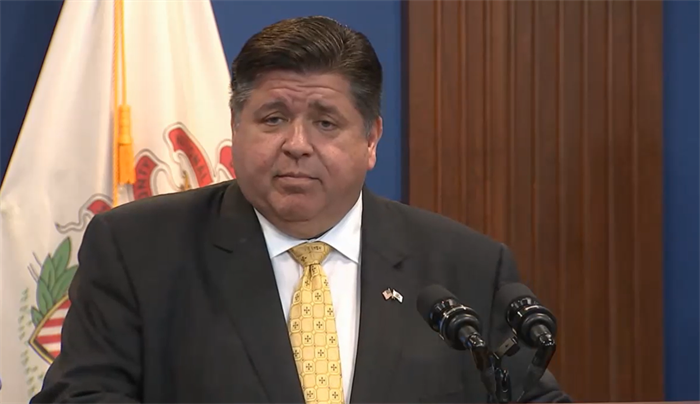Pritzker announces end of state COVID-19 disaster proclamation

CHICAGO — Illinois Governor JB Pritzker announced the state’s public health emergency will end on May 11, aligning the state with the federal government’s decision to end the national public health emergency. Ensuring Illinois’ and the federal government’s health emergencies were linked brought in additional federal funding and expanded healthcare access for residents across the state.
“Since COVID-19 first emerged nearly three years ago, my administration has worked diligently alongside the federal government to battle this once-in-a-generation pandemic by following scientific and medical guidance to support frontline workers and save lives. Our state’s disaster proclamation and executive orders enabled us to use every resource at our disposal from building up testing capacity and expanding our healthcare workforce to supporting our vaccine rollout and mutual aid efforts,” Pritzker said. “Let me be clear: COVID-19 has not disappeared. It is still a real and present danger to people with compromised immune systems—and I urge all Illinoisans to get vaccinated or get their booster shots if they have not done so already.”
After joining 12 other states and the Department of Health and Human Services in declaring a public health emergency at the outset of the COVID-19 pandemic on March 9, 2020, the state of Illinois has continued to remain aligned with the federal government to ensure every available resource was utilized in the state’s COVID-19 response. Illinois residents were able to collect additional SNAP benefits, more than 1.4 million children received Pandemic EBT (nutrition) support, and Medicaid expansion ensured access to tele- health options and the resources Illinoisans needed to stay healthy.
The proclamation formalized emergency procedures by activating the State Emergency Operations Center (SEOC) to deploy resources as necessary during the public health threat.
Since March 2020, the disaster proclamation has:
- Allowed federal reimbursement for state response costs.
- Allowed use of State Disaster Relief Fund, covering direct state costs and reimbursements to Illinois National Guard and mutual aid groups.
- Allowed use of the state’s mutual aid network, groups of public safety response professionals — including hundreds of health care providers and management professionals, law enforcement officers, fire fighters, emergency medical technicians and disaster response professionals — that are available to deploy to areas of shortage.
- Authorized the Governor to activate Illinois National Guard reservists, some of whom were doctors and nurses and served on the front lines of the pandemic response.
- Allowed expedited procurement should it be necessary.
- Authorized additional executive actions as needed to protect public health and safety.
Miss Clipping Out Stories to Save for Later?
Click the Purchase Story button below to order a print of this story. We will print it for you on matte photo paper to keep forever.

